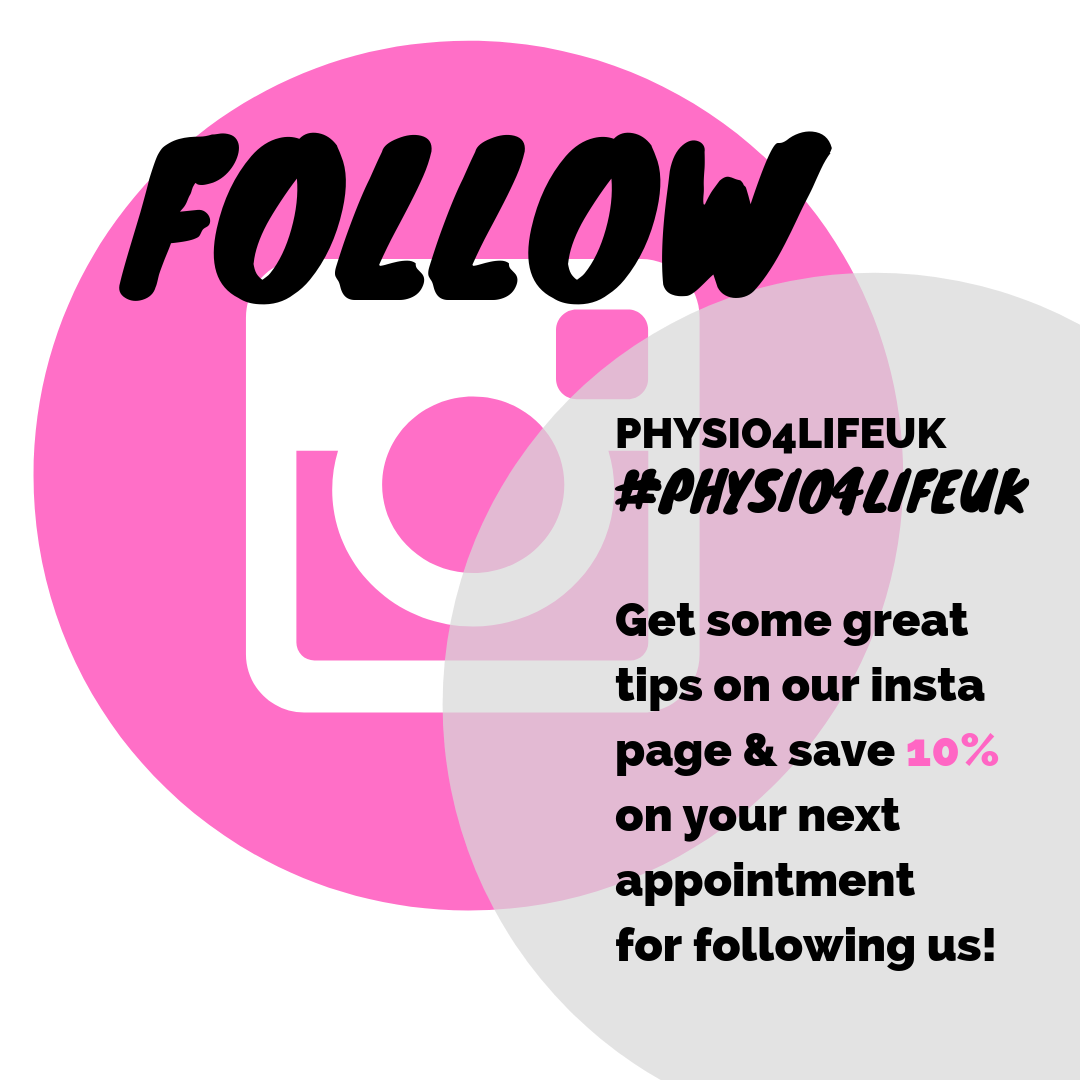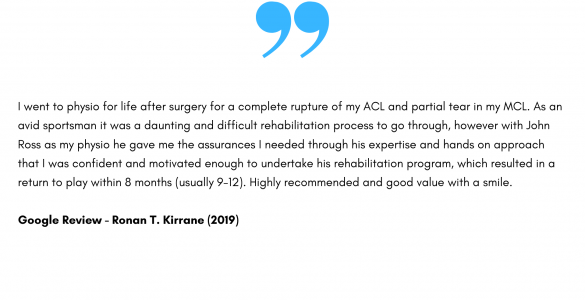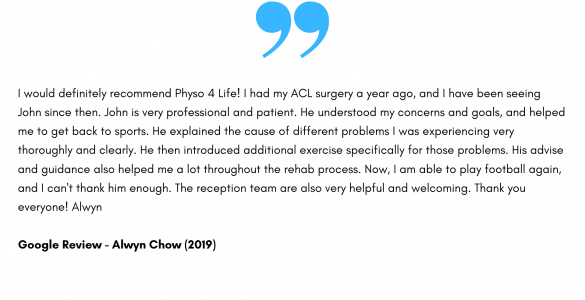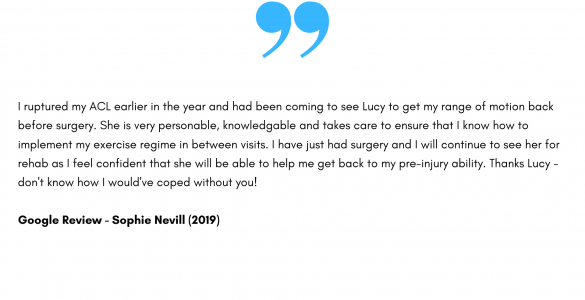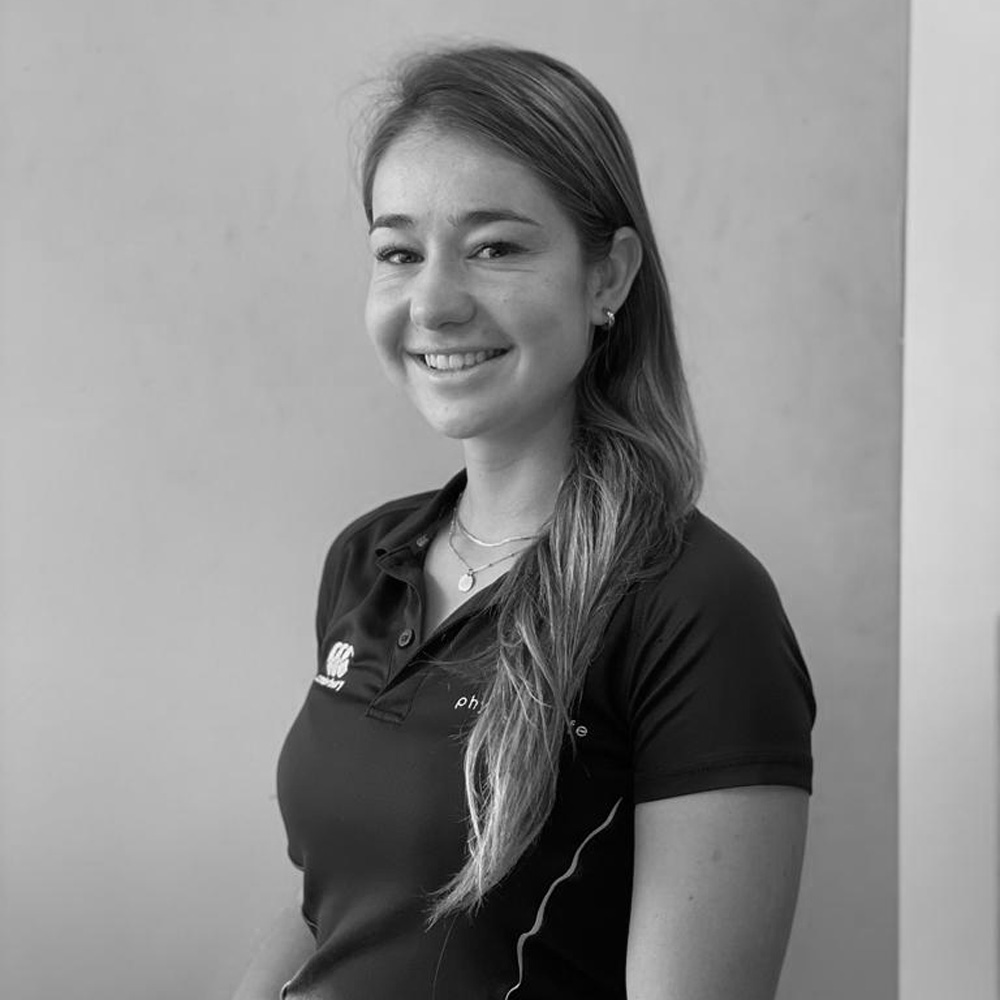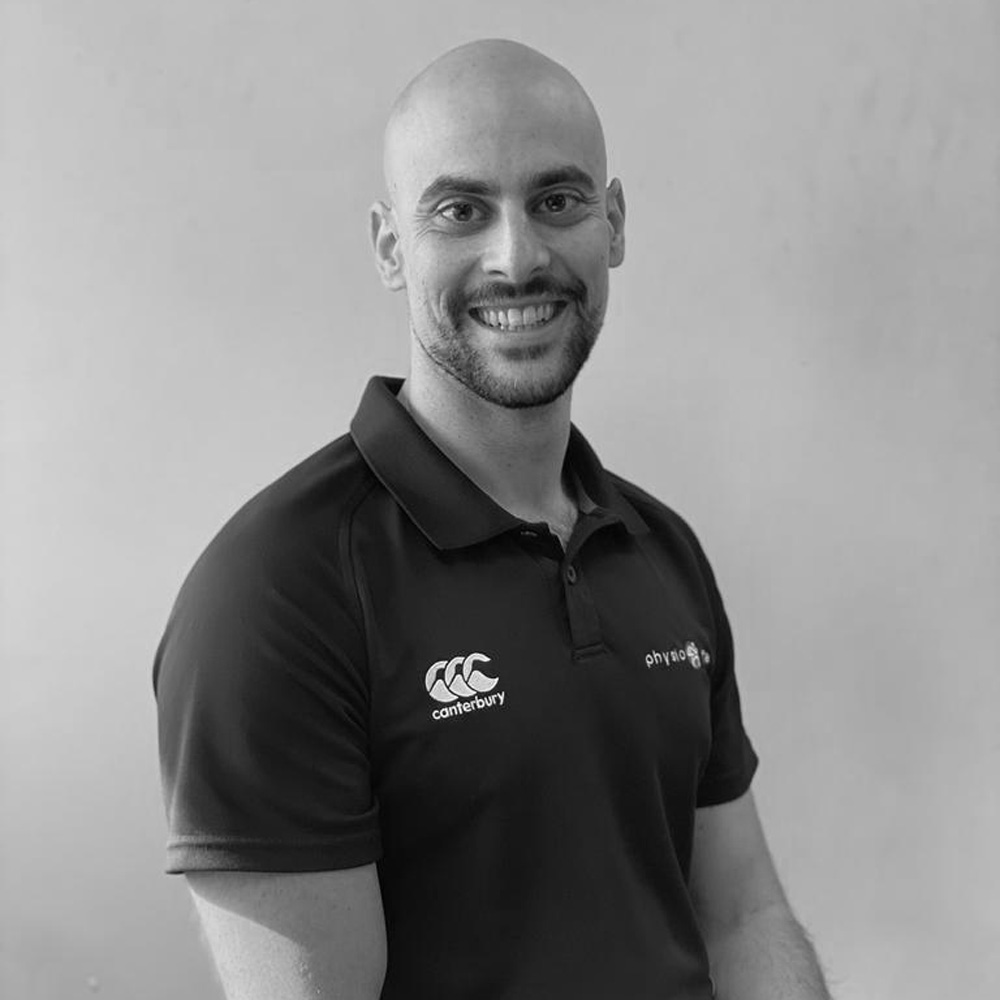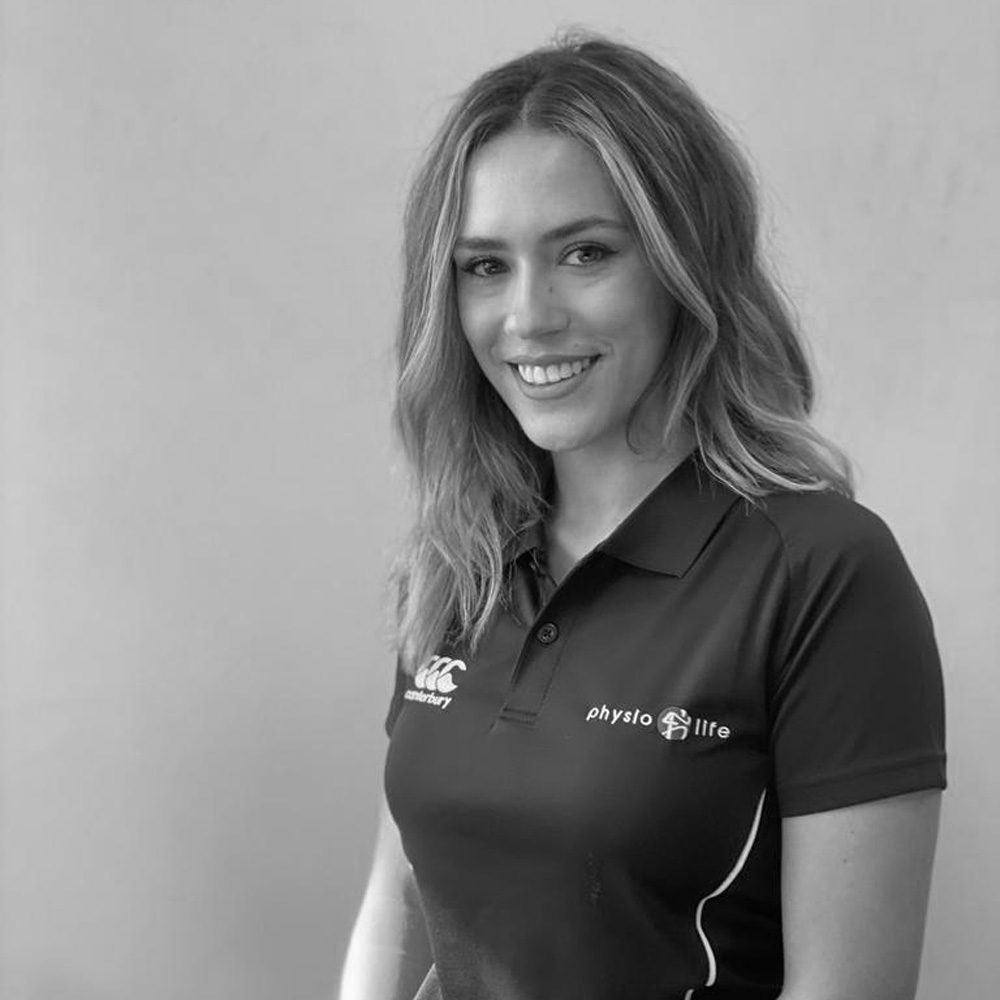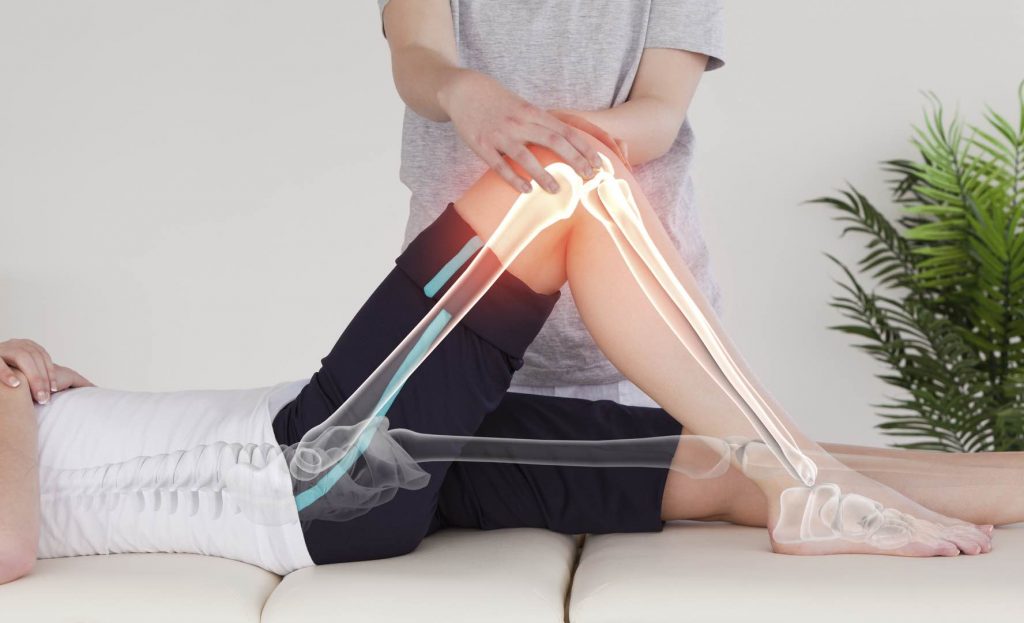
Meet Our Physio Team
Our Latest Patient Reviews
[google-reviews-pro place_id=ChIJUcQIWgUPdkgRpmi7KkyWjro auto_load=true rating_snippet=true pagination=2 sort=1 min_filter=5]

Why do we operate on ACL’s
Up until recently it was the commonly held belief that young, active individuals need to have their ACL’s reconstructed if they are to return to sport, particularly if that sport or activity requires changing directions quickly.
However, that belief is being challenged. Recent literature reviews have found similar outcomes between surgical and non-surgical groups with respect to pain, function, symptoms, return to sport, quality of life, risk of future meniscal tears and OA (Smith et al 2014, Monk et al 2016).
Many studies show that it is possible to safely return change of direction based sports (Meuffels et al 2009, Grindem et al 2012, Kovalak et al 2018). In fact, not one study found that you can’t return to twisting sports without an ACL provided sufficient strength, balance and control training was carried out
The Most famous example of a person returning to a high level pivoting sport after tearing their ACL and choosing not to have it repaired was an English premier league football player who returned to competing at the elite level within 8 weeks and remained problem free over the long term.
For those of us seeking to return to lower intensity sports or activities things are likely to be even more promising.
It was also thought that a ruptured ACL could not heal. A number of studies have demonstrated that this is not always the case, finding that it is possible for full ACL tendon ruptures to heal without surgical intervention (Fujimoto et al 2002, Costa et al 2012).
How does conservative management of an ACL rupture work
So what does all of this mean for you? After suffering an ACL injury it is vital to restore normal range of motion and strength as quickly as possible. This is because if the muscles surrounding the knee are strong and are functioning well they can do a very good job of protecting he knee and compensating for the lack of an ACL. This is typically achieved through a well-designed exercise program.
In some people they will find that this will be enough to restore the stability and function of the knee to a level that they are happy with. For some this might mean being able to get down to the shops without pain and for others this might mean return to high level change of direction based sports.
What are the benefits of conservative management of an ACL injury
There are a number of key benefits to conservative management of an ACL injury, including
Avoiding Surgical complications – While surgical techniques have advanced considerably over time it is still not without risks of complications with anaesthesia or infection.
No need to recover from the surgical procedure itself – In creating the new ACL they have to harvest a graft from either your hamstring or your patella tendon, thereby weakening those areas. They then have to drill into the bones that make up the top and bottom part of your knee to attach the new graft. This is a significant procedure with a lengthy recovery time.
Cost – ACL surgeries are expensive, particularly if paid for privately.
Does this mean that no one should have ACL reconstruction surgery?
No, it most certainly does not. While the results for conservative management of ACL injuries are promising there are a percentage of people who will fail conservative rehabilitation. For those who do not achieve the level of function and stability they want from their knee it is worthwhile considering surgery.
At the end of the day every person is different and every situation is unique. This means that it is important to evaluate each person individually and work together towards a plan that is best suited to the individual.



